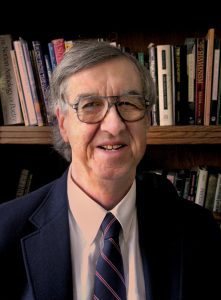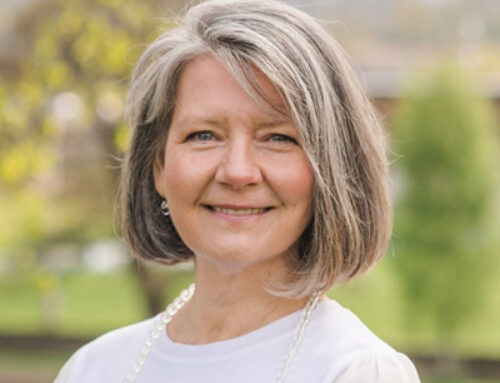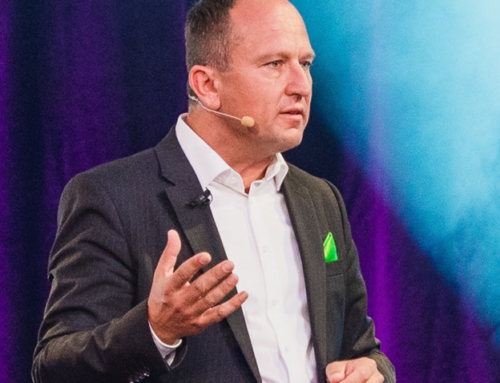Charles T. Tart studied electrical engineering at the Massachusetts Institute of Technology before deciding to become a psychologist. He  received his Ph.D. in psychology from the University of North Carolina at Chapel Hill in 1963, and then had two years of postdoctoral training with Ernest R. Hilgard at Stanford University. He is Professor Emeritus at the Institute of Transpersonal Psychology in Palo Alto and Psychology at the University of California at Davis, and is internationally known for his research with altered states of consciousness, transpersonal psychology, and parapsychology. Tart’s 13 books include two that have been called classics, viz. “Altered States of Consciousness” (1969) and “Transpersonal Psychologies” (1975), as well as “On Being Stoned: A Psychological Study of Marijuana Intoxication” (1971), “States of Consciousness” (1975), “Symposium on Consciousness” (1975, with P. Lee, R. Ornstein, D. Galin & A. Deikman), “Learning to Use Extrasensory Perception” (1976), “Psi: Scientific Studies of the Psychic Realm” (1977), “Mind at Large: Institute of Electrical and Electronic Engineers Symposia on the Nature of Extrasensory Perception” (1979, with H. Puthoff & R. Targ), “Waking Up: Overcoming the Obstacles to Human Potential” (1986) “Open Mind, Discriminating Mind: Reflections on Human Possibilities” (1989), as well as more than 250 journal articles. Recent books include “Living the Mindful Life,” (1994), which further explores the possibilities of awakening and “Body Mind Spirit: Exploring the Parapsychology of Spirituality” and, “Mind Science: Meditation Training for Practical People” (2000). His most recent, “The End of Materialism: How Evidence of the Paranormal is Bringing Science and Spirit Together” was published in 2009 and is now available in paperback as “The Secret Science of the Soul” (2017). As well as a laboratory researcher and popular teacher, he has been a student of Aikido, in which he holds a black belt, of meditation, of G. I. Gurdjieff’s work and other psychological and spiritual disciplines. His primary goal is to build bridges between the best of the scientific and spiritual communities and to help bring about a refinement and integration of Western and Eastern approaches for knowing the world and for personal and social growth, such as with his recent project (which has received the year 2000 award for the Best Social Innovation in the Science category from the Institute for Social Inventions) The Archives of Scientists’ Transcendent Experiences (TASTE) (www.issc-taste.org now at https://www.aapsglobal.com/
received his Ph.D. in psychology from the University of North Carolina at Chapel Hill in 1963, and then had two years of postdoctoral training with Ernest R. Hilgard at Stanford University. He is Professor Emeritus at the Institute of Transpersonal Psychology in Palo Alto and Psychology at the University of California at Davis, and is internationally known for his research with altered states of consciousness, transpersonal psychology, and parapsychology. Tart’s 13 books include two that have been called classics, viz. “Altered States of Consciousness” (1969) and “Transpersonal Psychologies” (1975), as well as “On Being Stoned: A Psychological Study of Marijuana Intoxication” (1971), “States of Consciousness” (1975), “Symposium on Consciousness” (1975, with P. Lee, R. Ornstein, D. Galin & A. Deikman), “Learning to Use Extrasensory Perception” (1976), “Psi: Scientific Studies of the Psychic Realm” (1977), “Mind at Large: Institute of Electrical and Electronic Engineers Symposia on the Nature of Extrasensory Perception” (1979, with H. Puthoff & R. Targ), “Waking Up: Overcoming the Obstacles to Human Potential” (1986) “Open Mind, Discriminating Mind: Reflections on Human Possibilities” (1989), as well as more than 250 journal articles. Recent books include “Living the Mindful Life,” (1994), which further explores the possibilities of awakening and “Body Mind Spirit: Exploring the Parapsychology of Spirituality” and, “Mind Science: Meditation Training for Practical People” (2000). His most recent, “The End of Materialism: How Evidence of the Paranormal is Bringing Science and Spirit Together” was published in 2009 and is now available in paperback as “The Secret Science of the Soul” (2017). As well as a laboratory researcher and popular teacher, he has been a student of Aikido, in which he holds a black belt, of meditation, of G. I. Gurdjieff’s work and other psychological and spiritual disciplines. His primary goal is to build bridges between the best of the scientific and spiritual communities and to help bring about a refinement and integration of Western and Eastern approaches for knowing the world and for personal and social growth, such as with his recent project (which has received the year 2000 award for the Best Social Innovation in the Science category from the Institute for Social Inventions) The Archives of Scientists’ Transcendent Experiences (TASTE) (www.issc-taste.org now at https://www.aapsglobal.com/


